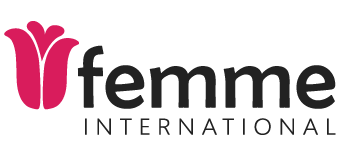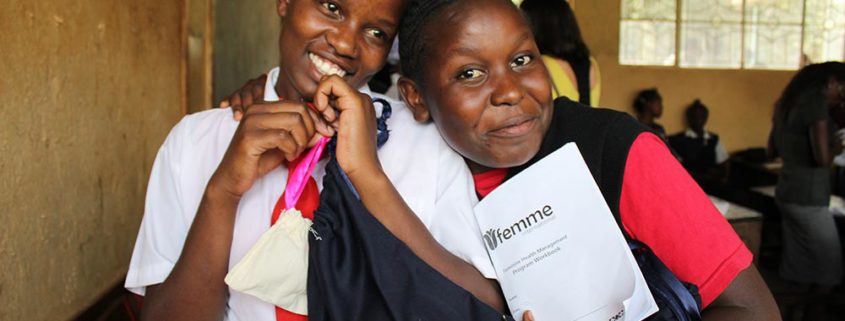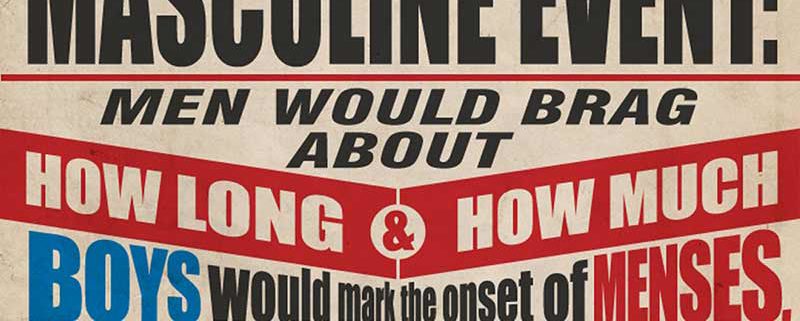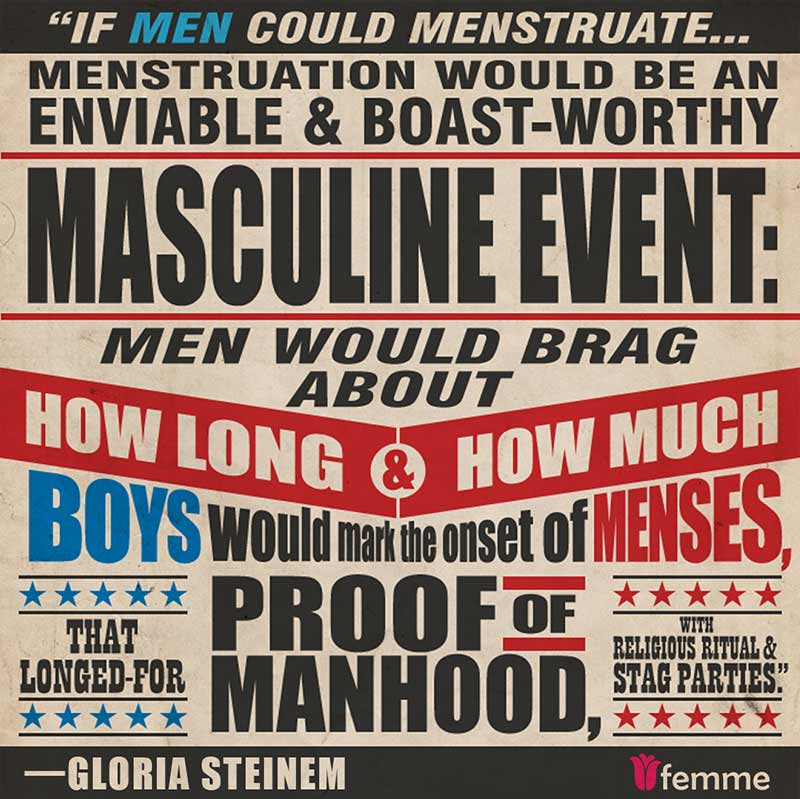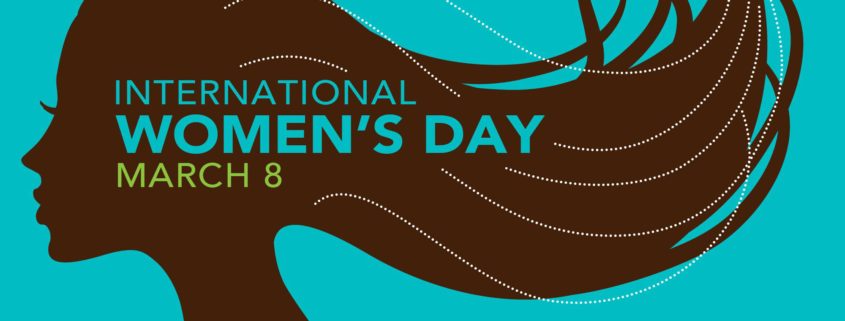This season, we are thankful for you.
Dear friends,
It is that time of year again, where we start thinking about holiday plans and family gatherings. With the holidays fast approaching, it is the season to give thanks and take a moment recognize the people that make our life special. And this year, we want to express our thanks to you!
2016 was an exciting year for Femme International. It was a year of major growth, milestones and expansion. We became a registered International NGO in Tanzania, launched a research department, built new partnerships and expanded our team to 13 full-time staff in Kenya and Tanzania.
But most importantly, we directly impacted over 6,000 women and girls by providing them with essential health education and Femme Kits.
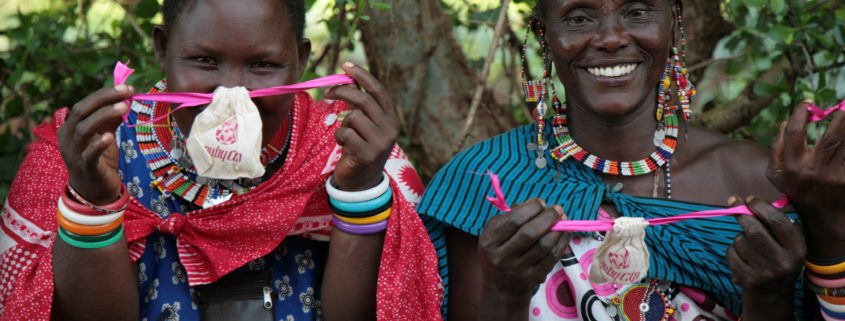
We believe that an empowered woman is the most effective catalyst for sustainable change. We believe that all women have the right to manage their bodies with dignity. We believe that strong and health women can and will change the world.
Ever since our very first pilot project back in 2013, there has been a common theme among the women we have reached. A common word that women in Kenya and Tanzania have used to describe their experiences. That word is free. Femme is helping women feel free by empowering them to feel in control of their bodies and by removing the financial burden of menstruation.
We want to make sure that every woman and girl in East Africa has the opportunity to feel this freedom, which is why we have laid out big goals for 2017. We want to bring the Feminine Health Empowerment Program to 10,000 women and girls across Kenya and Tanzania. This means 10,000 Femme Kits distributed to support the education program. 10,000 women and girls who are taught to feel confident in their bodies, every day of the month.
But we can’t do this alone. We need to draw on the support of our community to help us achieve our goals. We invite you to become a part of our journey and make a contribution this holiday season that will go directly towards empowering women and girls in East Africa. When you donate a Femme Kit, you are giving a woman the gift of freedom, confidence and dignity.

We have just launched our annual Holiday Giving Campaign, which allows you to make a donation in honour of a loved one. When you do, they will be sent a thank-you card that explains the difference they have made in the life of a young woman. This season, give the gift of confidence.
On behalf of the entire team at Femme International, I want to extend my sincerest gratitude to everyone who has helped us reach our goals. Wishing you a safe and happy holiday season!
Sincerely,
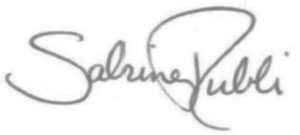
Sabrina Rubli
Executive Director

